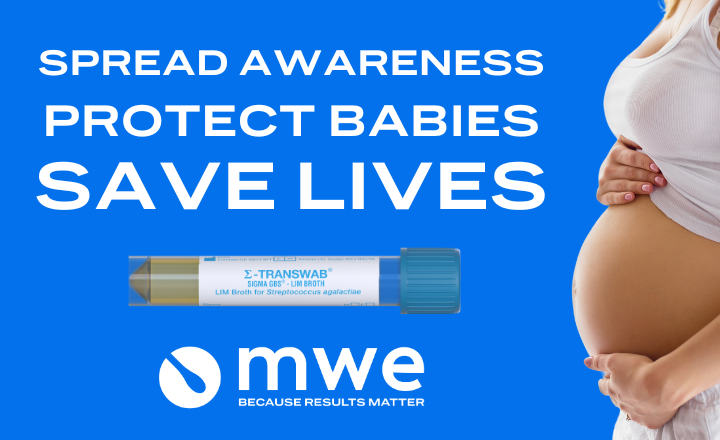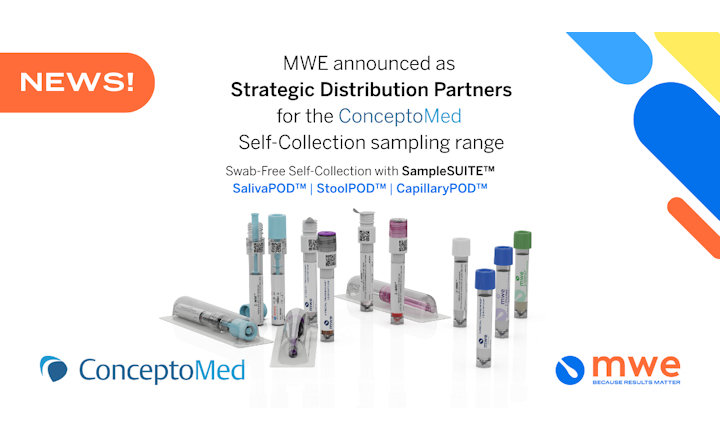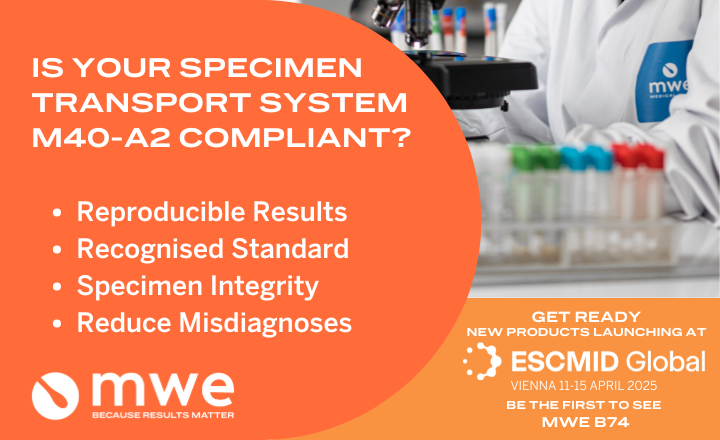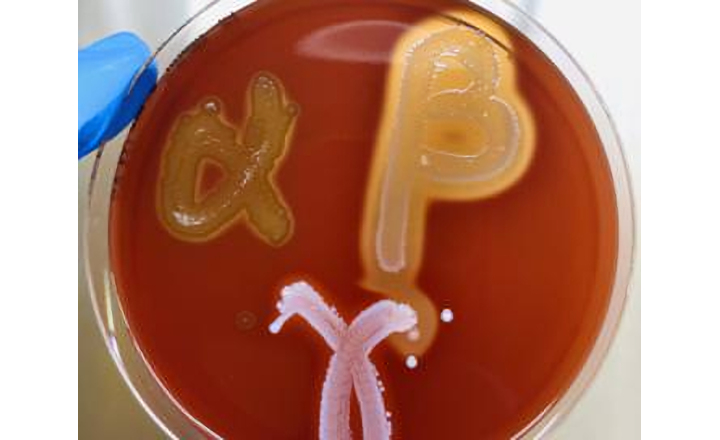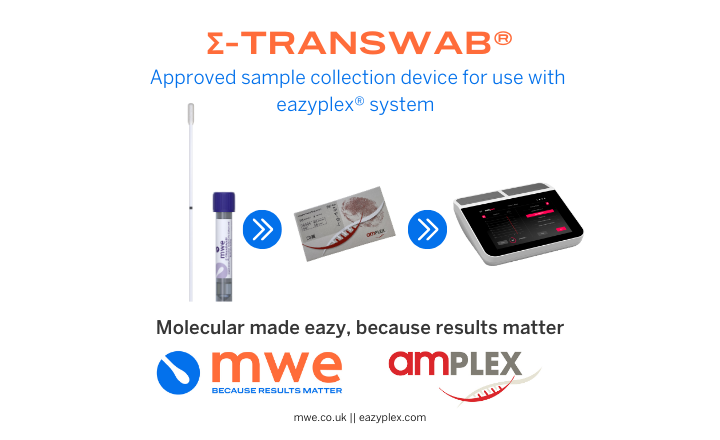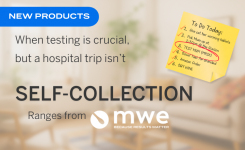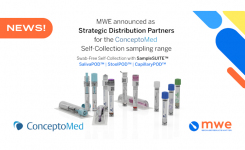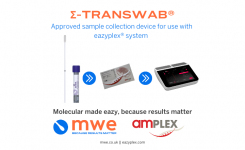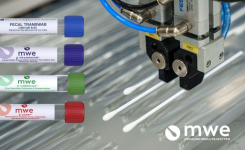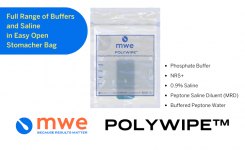- MWE’s Σ-GBS™ offers a reliable and efficient solution for Group B Strep screening.
The tragic story of a grieving mother has spotlighted a critical issue in maternal and infant health: the need for universal testing for Group B Streptococcus (GBS) among pregnant women. Group B strep, a common bacterium often harmless in adults, can lead to severe and potentially fatal infections in newborns if transmitted during childbirth.
Group B strep is typically found in the gastrointestinal and genital tracts of healthy adults. While it poses little risk to the general population, it becomes a significant threat when a mother passes it to her baby during delivery. GBS is the leading cause of severe infections like meningitis, pneumonia, and sepsis in newborns. Despite its dangers, GBS can be easily detected and managed with appropriate testing and treatment.
Although it may be passed from person to person through direct physical contact, it is not a sexually transmitted infection. There are no known harmful effects of carrying GBS as it does not often cause any discomfort or show symptoms in adult carriers. Around 20 – 40% of women carry the bacteria. However, the problems begin when babies come into contact with group B strep during labour and many infants will become ill.
If the infection is not treated, babies can become seriously ill, but with prompt treatment most babies will make a full recovery. Group B strep is the beginning bacteria for many common infections in babies, such as sepsis, pneumonia and meningitis. While GBS infections are most common in newborn babies during the first few days after birth (early-onset GBS infection), babies can still develop GBS infections up to three months after birth (late-onset GBS infection).
Group B Strep Support offer the following monthly statistics:
- 1 in 19 (5.2%) babies who develop an early-onset GBS infection will die.
- 1 in 14 (7.4%) babies who survive an early-onset GBS infection will have a long-term physical or mental disability.
- 1 in 13 (7.7%) babies who develop a late-onset GBS infection will die.
- 1 in 8 (12.4%) babies who survive a late-onset GBS infection will have a long-term physical or mental disability.
Every month, in the UK and the Republic of Ireland 66 babies are diagnosed with a group B Strep infection (40 early-onset + 26 late-onset GBS infection). Of these, 4 babies die from their group B Strep infection (2 early-onset + 2 late-onset GBS infection) and 6 babies survive with long-term physical or mental disabilities (3 early-onset + 3 late-onset GBS infection).
The testing procedure for GBS is straightforward and non-invasive, involving a simple swab of the vagina and rectum, usually conducted between the 36th and 37th weeks of pregnancy. If a woman tests positive, she is administered antibiotics during labour, significantly reducing the risk of transmitting the bacteria to her newborn.
Early detection and treatment are crucial in preventing the devastating effects of GBS on newborns. MWE’s Σ-GBS™ offers a reliable and efficient solution for GBS screening. Designed for easy use, it ensures accurate detection of GBS, facilitating timely intervention and protecting newborns from potential infections. By implementing widespread use of such diagnostic tools, we can move towards eliminating GBS-related complications in infants.
In conclusion, the pressing need for routine GBS testing for all pregnant women cannot be overstated. The implementation of universal screening protocols, combined with effective treatment strategies, will save lives and prevent the unnecessary suffering of families. It is imperative to prioritise the health and safety of both mothers and their babies, ensuring a healthy start to life for all newborns.
References:


